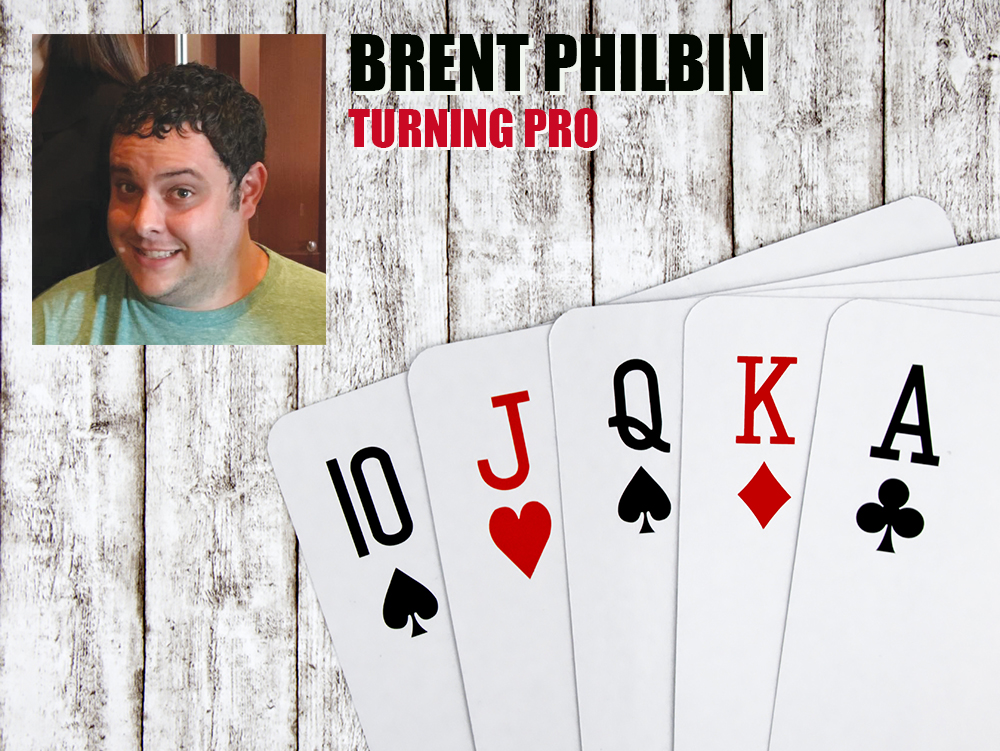Many of my columns are about specific considerations for low-limit live pros. All of the advice is specific to someone who’s quit their day job and plays full time. That’s why they need to pay themselves and why bankroll restrictions need to be so strong. How does that change if you’re still working?
If you still have a day job, then you can set aside a smaller amount of money for poker. You’ll have a higher risk tolerance than a full-time pro. How you decide to allocate these funds is up to you, but I recently did an episode of my cryptocurrency podcast CryptoBasic where we were discussing different investment strategies and I believe the strategy of Value Averaging can be applied loosely to a poker player that’s testing the hypothesis of being a pro.
We need to decide on an amount of increase that we want in our bankroll with the goal of becoming a pro someday. This means we’re not trying to make money for our daily lives and buy Lambos, but make enough to stop working and play for a living. All of these numbers can change based on your situation, but for this example, let’s take someone who has $5K to start, $K extra per month and wants to create a bankroll of $20K in a year so they can quit their job and play $2-$5 full time. We divide that number by 50 weeks and see that we need to put $300 per week extra into the bankroll to achieve this goal.
This is more than the extra money we have, so we’ll need to win it to reach this goal. Here’s what you do: Every week we guarantee our bankroll will increase $300, no matter what the outcome of the week. At the end of the week, if we’re up $1K, then we take $700 and set it aside for life and then continue to play the next week. If we are down $1K, then we need to add $1,300 to the bankroll to attain our goal. Either way, our bankroll at the end of the first week will be $5,300.
In this example, we’ll likely need to play $1-$2 NLHE to make sure we can afford to replenish the bankroll on the losing weeks at first, but we can move to $1-$3 and $2-$5 as we’ve cashed out some of our earnings. If our bankroll is below our required number, we can’t play until we arrive back at that number by putting in money from working.
Why are we cashing out sometimes? Why not just leave it in there? Well this is how we can discover if we’re a winning player and responsible with our extra money when there’s no boss to tell us what to do with it. If we’re constantly having to put in money from our daily life during losing weeks, rather than just moving money from our savings into the bankroll, then we need to address outside spending or leaks before going full-time pro.
— Brent Philbin is a poker pro who lives in South Florida. You can reach him at Brent.Philbin@gmail.com.



